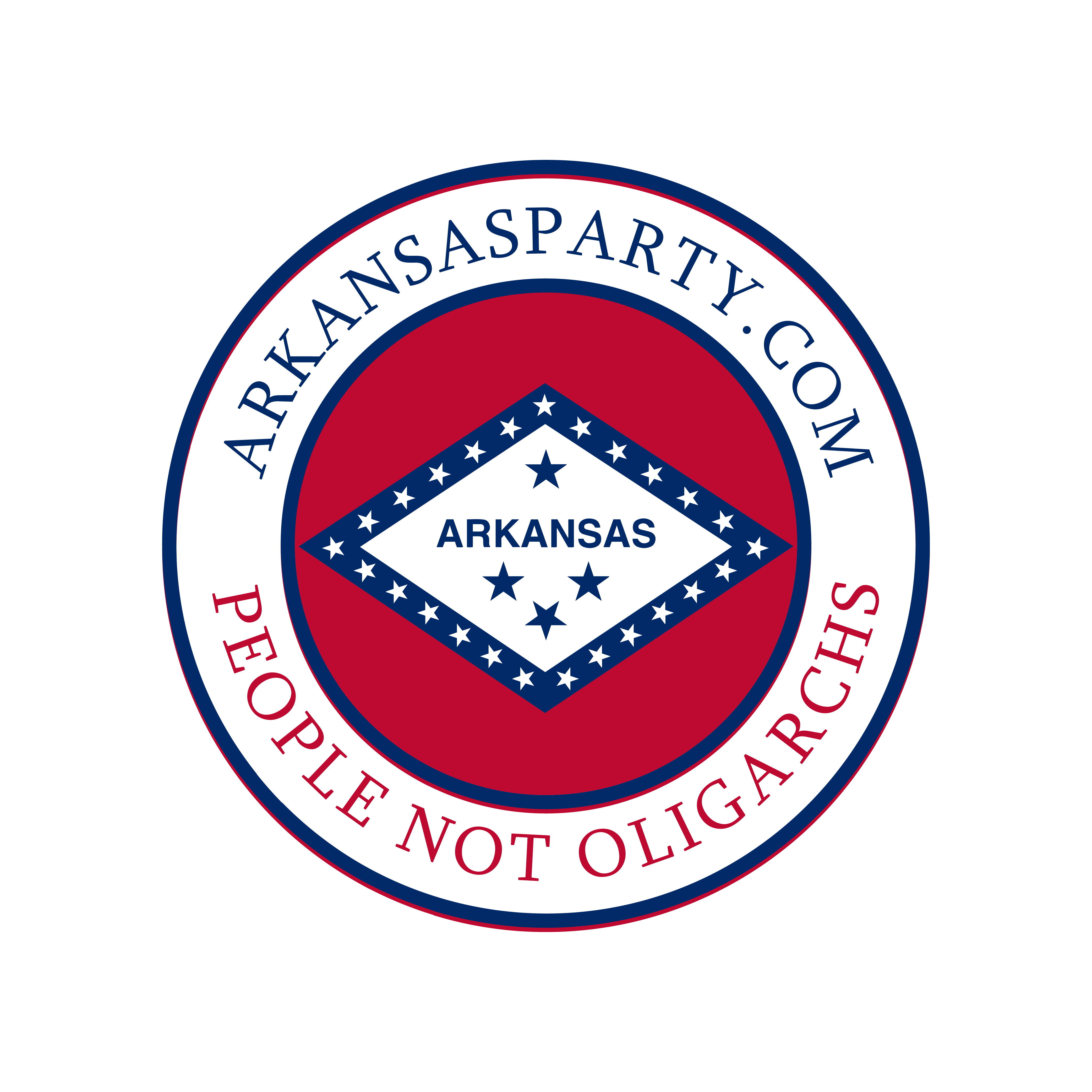Arguments For Term Limits
Encourage Fresh Ideas and New Faces:
Term limits can prevent politicians from becoming entrenched in their positions, allowing new individuals with fresh perspectives and innovative ideas to enter the political arena. This can lead to more diverse and dynamic governance.
No rebuttal.
Limit the Influence of Special Interests:
Long-serving politicians may develop close ties with special interest groups and become beholden to their agendas. Term limits can reduce the power of these interests by ensuring that politicians are not in office long enough to establish such relationships.
No rebuttal.
Enhance Accountability:
Knowing they have a limited time in office, politicians may be more motivated to make meaningful changes and fulfill their campaign promises quickly. This can lead to increased accountability to their constituents.
No rebuttal.
Reduce Corruption and Scandals:
The longer politicians remain in office, the greater the likelihood of corruption or unethical behavior. Term limits can help mitigate this risk by limiting the time available for misconduct.
No rebuttal.
Promote Competitive Elections:
Incumbents often have a significant advantage in elections due to name recognition and resource access. Term limits create more open seats, fostering competitive elections and giving new candidates a fairer chance.
No rebuttal.
Arguments Against Term Limits:
Voter Choice:
Term limits restrict the ability of voters to choose the candidate they prefer. If a popular and effective incumbent is forced to leave office, it can be seen as limiting the democratic process.
Rebuttal. There is no benefit for the people and plenty of benefit for the oligarchs for politicians to make a career out of holding office.
Loss of Experience and Expertise:
Experienced politicians may better understand complex policy issues and be more effective at legislating. Term limits can result in a loss of valuable expertise.
Rebuttal. Most experience is due to the benefits of the oligarchs, not the people.
Institutional Knowledge:
Long-serving politicians can accumulate institutional knowledge and relationships that benefit the government’s functioning. Term limits can disrupt the continuity of government operations.
Rebuttal. Former officeholders can still share their knowledge with newcomers. Nothing prevents the sharing of that wisdom with the next generation.
Potential for Inexperienced Politicians:
Term limits may lead to inexperienced or unqualified individuals running for office, as there is a constant need for new candidates. This could result in less effective governance.
Rebuttal. The opposite is more likely the case. For example, Biden has about fifty (50) years of experience and is the worst president we’ve ever had.
Reduced Accountability for Lame Ducks:
In their final term, politicians may not be as accountable to their constituents, as they don’t have to worry about re-election. This “lame duck” period can lead to ineffective governance.
Rebuttal: That hasn’t happened with term limits for the president’s office. In fact, it appears quite the opposite as officeholders sense a need to leave a legacy.
Weakened Political Parties:
Term limits can weaken political parties by constantly forcing them to find new candidates. This can make it difficult for parties to build strong, cohesive platforms and strategies.
Rebuttal: This is true. It would weaken the big two political parties and usher in a era where a plurality of parties share power over most issues in place of the tark partisanship we see these days. George Washington warned us of this truth. When there are only two political parties, the people suffer from extreme partisanship.
George Washington expressed concerns about political parties in his Farewell Address, which he delivered in 1796 as he prepared to leave the presidency. While he didn’t explicitly condemn political parties, he cautioned against the divisive and potentially harmful effects of factionalism and partisanship on the unity and stability of the young United States. Here is an excerpt from his Farewell Address that addresses this issue:
“I have already intimated to you the danger of parties in the State, particularly regarding their founding on geographical discriminations. Let me now take a more comprehensive view and warn you solemnly against the baneful effects of the spirit of party generally.
This spirit, unfortunately, is inseparable from our nature, having its roots in the strongest passions of the human mind. It exists under different shapes in all governments, more or less stifled, controlled, or repressed; but in those of the popular form, it is seen in its greatest rankness and is truly their worst enemy.”
Washington’s message essentially stressed the need for unity and warned against the dangers of extreme partisanship that could lead to the country’s division and weaken its ability to govern effectively. While he did not explicitly call for the abolition of political parties, his words have been cited over the years to encourage a sense of bipartisanship and cooperation among political leaders.
The debate over term limits often centers on balancing promoting fresh perspectives and preserving experience and institutional knowledge. The effectiveness of term limits may vary depending on the specific context and the political culture of a given region or country. Ultimately, the decision to implement term limits should consider the unique circumstances and needs of the governing system in question.
This is why the 75 County Good Government Constituent Committees need to refine what the Arkansas Party’s position is going to be. Please comment, as your insights are important.

